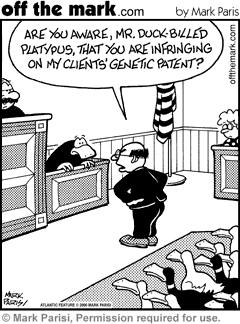The internet as we know it is in trouble. The “PROTECT IP Act” or S. 968 in the Senate and the “Stop Online Piracy Act” or H.R. 3261 in the House are two very real threats to what we've come to know as the biggest open source place for information; the internet.
The PROTECT IP Act , and the Stop Online Piracy Act, give the government the right to blacklist domains that they think infringe upon copyright laws. While this may not sound like a bad thing, it opens up a number of problems. It gives the government the ability to bully sites like Google, Yahoo, and a number of others [even social media] into censoring their information and taking down links at command, under penalty of lawsuit. It takes sites with good intention, such as file hosting services, and shuts them down due to copyrighted content uploaded by an individual [lets face it, with the millions of users on most of those sites, they can't monitor, no matter how hard they try].
It can also stop small web-based startups from making business, and put regular people in prison for up to five years/get them heavy fines simply for having a copyrighted song in the background of a video they post to Youtube.
To learn more about these bills, here's a short video explaining a bit more about them, and what they mean to us:
If you would like to contact a representative, and let them know you are against these bills, here's a helpful link that will connect you to the right person: http://www.tumblr.com/protect-the-net
Your voice will be heard.
Don't be afraid to call; they're really nice. =)


 n
n